Latest Industry Insights
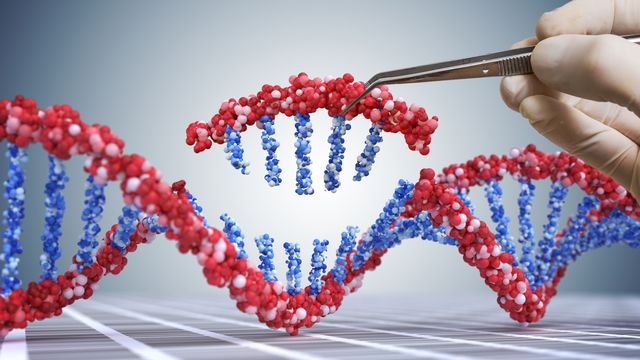
Industry Insight
Next Generation Precision Genome Editing: Combining Multiple Advances To Create Safer Gene Therapies
In this article, Michelle Fraser and Amanda Haupthow discuss how engineered nucleases in combination with next-generation base editing platforms are paving the way for the development of novel treatments for genetic disorders and diseases.

Industry Insight
Researchers Want To Embrace AI But Still Have Major Concerns, Survey Finds
Elsevier’s “Insights 2024: Attitudes toward AI” report reveals how researchers feel about AI and what is needed to increase trust in these tools. Here, Mirit Eldor, managing director, life sciences at Elsevier discusses these findings further.
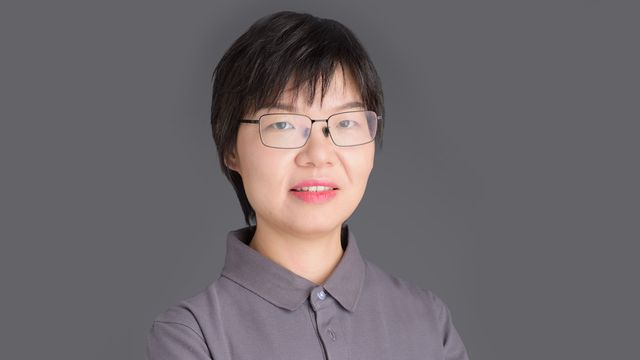
Industry Insight
Forging a Career in a Male-Dominated Field With Dr. Hui Jiang
In this interview, Dr. Hui Jiang explores her inspirations and achievements and gives advice to women starting a career in the science industry.
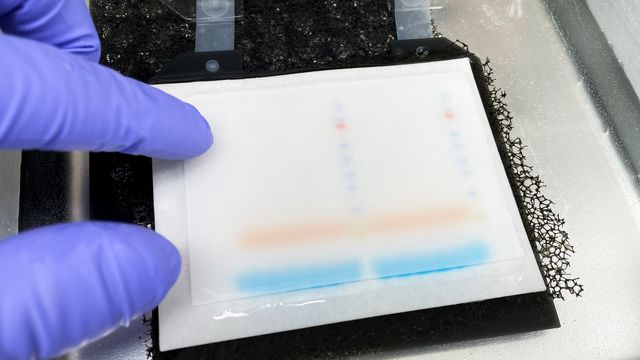
Industry Insight
How Stain-Free Western Blotting Contributes to Laboratory Efficiency
Western blotting is a staple technique in many laboratories but can be time consuming and inconsistent. Technology Networks spoke with Harsha Rao to learn more about Stain-Free western blotting and the advantages of total protein normalization.
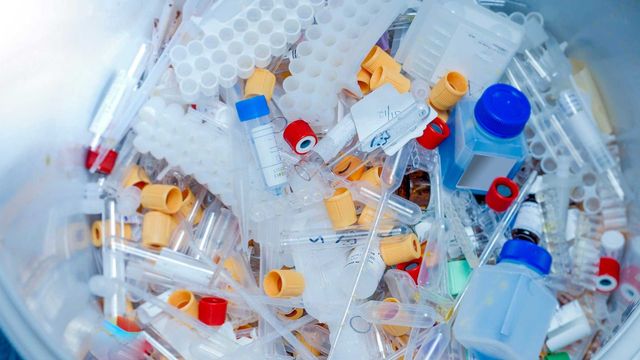
Industry Insight
Tackling Plastic Waste for More Sustainable Science
At SLAS Europe 2024, Technology Networks had the pleasure of speaking with Tim Dillon, market manager (Nordics) at Mettler-Toledo Rainin, to learn about how more sustainable options can be implemented into scientists’ daily workflows.
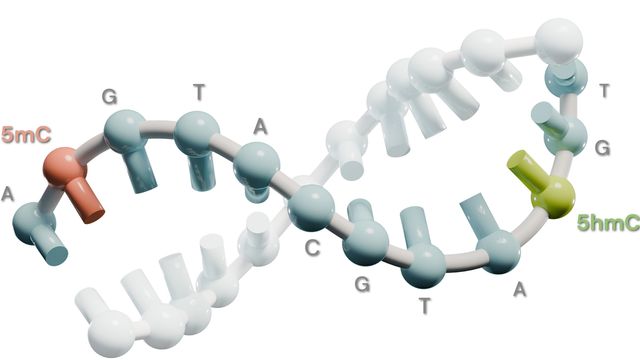
Industry Insight
Picking Apart the Epigenome To Advance Cancer Research
Both genetic and epigenetic sample information is required to get the full picture. Six-base genome sequencing enables this without need of multiple techniques, laborious downstream data processing or data loss, and cancer research is benefiting.
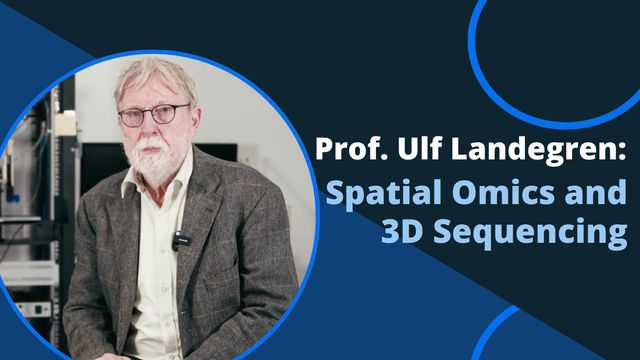
Industry Insight
Professor Ulf Landegren Discusses Advances in Spatial Biology and 3D Sequencing
In a recent interview, Professor Ulf Landegren shared his perspectives on the future of spatial biology, discussed novel developments in 3D sequencing and outlined why this approach is capturing the attention of researchers worldwide.
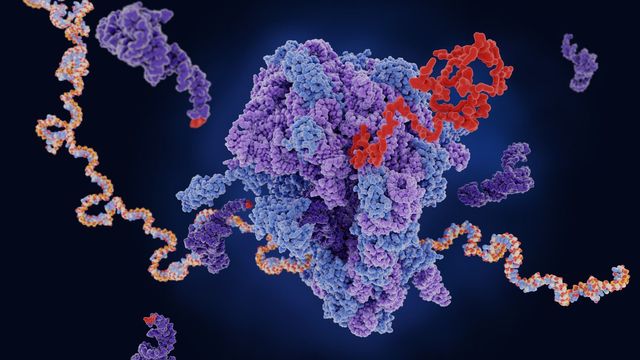
Industry Insight
Tuning the Therapeutic Properties of tRNAs To Treat Rare Diseases
Michelle C. Werner discusses how tRNAs could transform the drug development paradigm from gene-centric to gene-agnostic and accelerate new therapies for 30 million or more patients whose genetically driven disease can be classified under Stop Codon Disease.
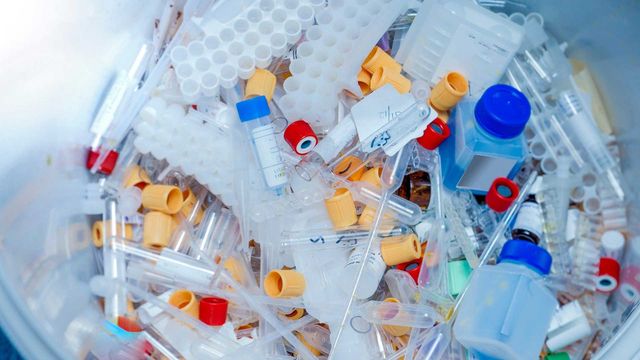
Industry Insight
Keeping Plastic Lab Waste Out of Landfills and Incinerators
Until recently, a lack of specialized services meant there was no definitive method for safely and effectively decontaminating plastic waste for reuse in new consumables. As a result, this waste was incinerated or diverted to landfill. The start-up company LabCycle has tackled this issue head-on, with its innovative approach to laboratory waste management. Technology Networks recently had the pleasure of speaking with LabCycle’s co-founder and chief technology officer Dr. Helen Liang, to learn more about its circular economy for laboratory plastic waste.

Industry Insight
Sequencing Life To Conserve Biodiversity
Neil Ward tells us about the role that genomics can play in conserving biodiversity and how innovative technologies such as HiFi sequencing are helping biodiversity projects.
Advertisement


